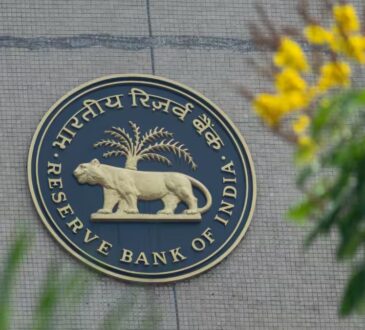
The risk-off sentiment has extended beyond currency markets, with regional stocks also slumping
[SINGAPORE] Asian currencies slipped to the weakest levels since May as renewed trade tensions between the US and China induced caution among traders.
The Bloomberg Asia Dollar Spot Index fell as much as 0.2 per cent to 91.51 on Monday (Oct 13), the lowest level since May 9. Export-sensitive Taiwanese dollar and the South Korean won dropped the most among emerging Asian currencies.
The moves come after US President Donald Trump on Friday said that he would impose an additional 100 per cent tariff on China from Nov 1 and place export controls on critical software. That’s before he signalled openness on Sunday to a deal with China.
“Asia markets are in a risk-off mood as Trump’s threat of a 100 per cent tariff on China rekindles concerns over a renewed escalation in US-China trade tensions,” said Lloyd Chan, a strategist at MUFG Bank.
“Currencies closely tied to China’s economic outlook and global trade, such as the won, Taiwanese dollar and Malaysian ringgit, could come under some pressure,” he said.
The MSCI EM currency gauge extended losses for the fifth straight day. However, the offshore yuan rose as the People’s Bank of China set the strongest currency fixing since November.
The risk-off sentiment extended beyond currency markets, with regional stocks also slumping. The MSCI EM Index fell by 2 per cent, the biggest single-day decline since April.
Beyond the trade dispute, regional currencies are also being weighed down as surprise rate cuts in Indonesia and the Philippines spur bets for similar moves in other Asian nations. Meanwhile, US Federal Reserve officials are indicating caution on further rate reductions, which is boosting the US dollar and adding to the downward pressure on regional peers.
Country-specific factors such as the corruption allegations facing the Philippine government and fiscal uncertainties under Indonesia’s new Finance Minister Purbaya Yudhi Sadewa are among other headwinds for Asian currencies. BLOOMBERG






